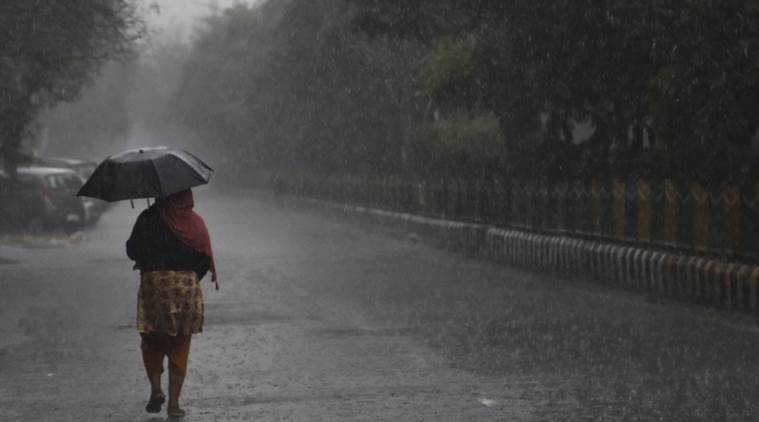 The Air Quality Index for PM 2.5 has continued to be in the ‘good to satisfactory’ category so far and the monsoon is expected to maintain these levels, he said.
The Air Quality Index for PM 2.5 has continued to be in the ‘good to satisfactory’ category so far and the monsoon is expected to maintain these levels, he said.
A fortnight into the first phase of ‘unlocking’ the nationwide lockdown, scientists at the System of Air Quality Forecasting and Research (SAFAR) have noted the continuing trend of declining pollutant levels, mainly particulate matter (PM) 10 and PM 2.5.
“This period has been marked by several rainy days which has helped wash away particulate pollutants,” said Dr Gufran Beig, project director of SAFAR. However, he pointed out that there were signs of increase in levels of another pollutant, Nitrogen dioxide, which had declined considerably during the lockdown phase.
The highest increase in Nitrogen dioxide levels during ‘unlock 1’ was found in Mumbai, where it increased by almost 50 per cent. “For other cities, including Pune, the increase was marginal,” said Dr Beig, adding that despite an increase, levels of the pollutant were well within permissible limits.
The Air Quality Index for PM 2.5 has continued to be in the ‘good to satisfactory’ category so far and the monsoon is expected to maintain these levels, he said.
Nitrogen dioxide (released during traffic emissions), PM 2.5 (atmospheric particulate matter that has a diameter of less than 2.5 micrometers) and PM 10 (atmospheric particulate matter with a diameter of less than 10 micrometers) are among some of the major pollutants which, when exposed to for a long period of time, can cause respiratory disorders.
SAFAR scientists, who monitored pollutant levels during the three lockdown periods in Pune and other major Indian cities, had compared it with levels recorded last year and found significant reduction.
Indians strongly support measures to limit air pollution: survey
Majority of Indians support stricter laws and enforcement to tackle air pollution following the Covid-19 crisis — which led to a drop in pollution levels due to the lockdown — according to findings of a public perception survey that was released by Clean Air Fund (CAF), in association with global market research firm YouGov.
The online survey sample was selected from countries including India, UK, Poland, Bulgaria and Nigeria. The poll, the first to pose these question citizens in several countries, highlighted that at least 71 per cent of people surveyed were concerned about air pollution as a public health issue, and 76 per cent as an environmental issue. In India, these numbers are higher, with 94 per cent respondents believing that air pollution affects their general health, while 86 per cent are concerned about it as a public health issue.
Apart from more clean air zones in cities and improved public transport services, the survey found huge support for re-purposing roads in cities to allow more space for walking and/or cycling. The findings are published in the report ‘Breathing Space’ of the Clean Air Fund – a philanthropic initiative to tackle air pollution around the world.
“As lockdowns are eased and economies restarted, people are clear that they do not want a return to toxic air. That would simply replace one health crisis with another,” said Jane Burston, executive director of the Clean Air Fund.